On Displacement
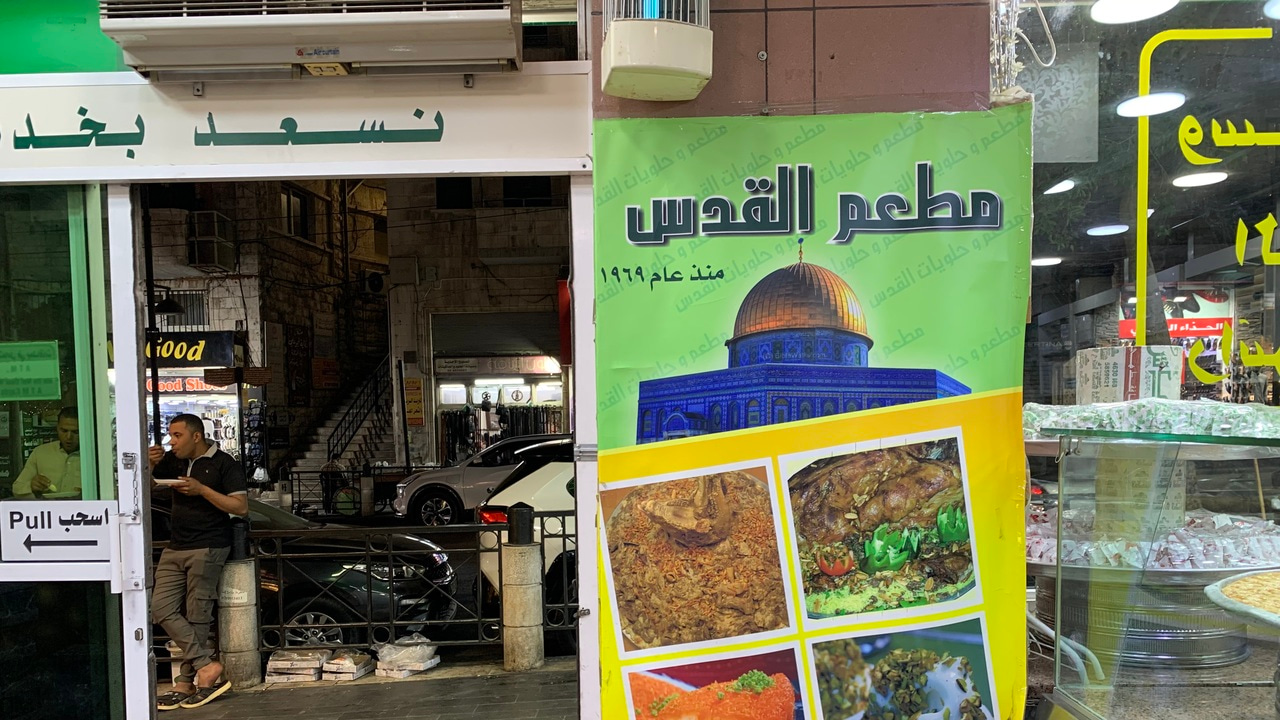
On the second morning of my fieldwork trip to Amman, I woke to the sounds of sirens echoing through the city. My worst fears had been realised: Israel was bombing Iran. My research trip in Jordan, which I had looked forward to for months, would soon be cut short. But more than anything, I was worried about the safety of my friends back in Iran.
I had travelled to Amman, Jordan, with funding from the Laidlaw Scholars Leadership & Research Programme, for my Laidlaw research project. I was hoping to learn first-hand about Jordan’s policies toward Syrian refugees, through interviews with the non-governmental organisations (NGOs) that support them. I thought these would capture the complexity of their lived experiences better than any reports or statistics online. As a foreign researcher, I also knew that I wanted to be there in person. I believed the contextual knowledge I would gain from being there and speaking to people would be essential for a more accurate and culturally sensitive understanding.
On my first full day in Amman, I interviewed an NGO representative with valuable insight on the historical background to the Syrian refugee presence in Jordan. They also provided me with the contact details of several other potential interviewees. Overall, it was a success; I remember feeling quite pleased with myself as I walked out of the interview site. I felt like I was a ‘researcher’ – a Laidlaw scholar – doing real, meaningful ‘research’. My second interview was equally successful. Those weeks spent scraping the internet for NGOs, and typing up emails to tens of potential interviewees, seemed to have paid off. I managed to schedule further appointments once I was in Amman by phoning NGOs, and even visiting their offices in person.
Outside of my formal fieldwork, I encountered individuals whose own histories were deeply connected to the broader topic of displacement. One was Aziz, a tailor originally from Bethlehem, who kindly invited me into his shop for a chat. Like many other Palestinians in Jordan, he spoke to me about the Palestine he longed to return to. Another was Hameed, the manager of a Circassian sports club I visited to learn about the Circassian population in Amman. He explained how the trauma of his people’s forced displacement – over 150 years ago – continues to shape their identity.
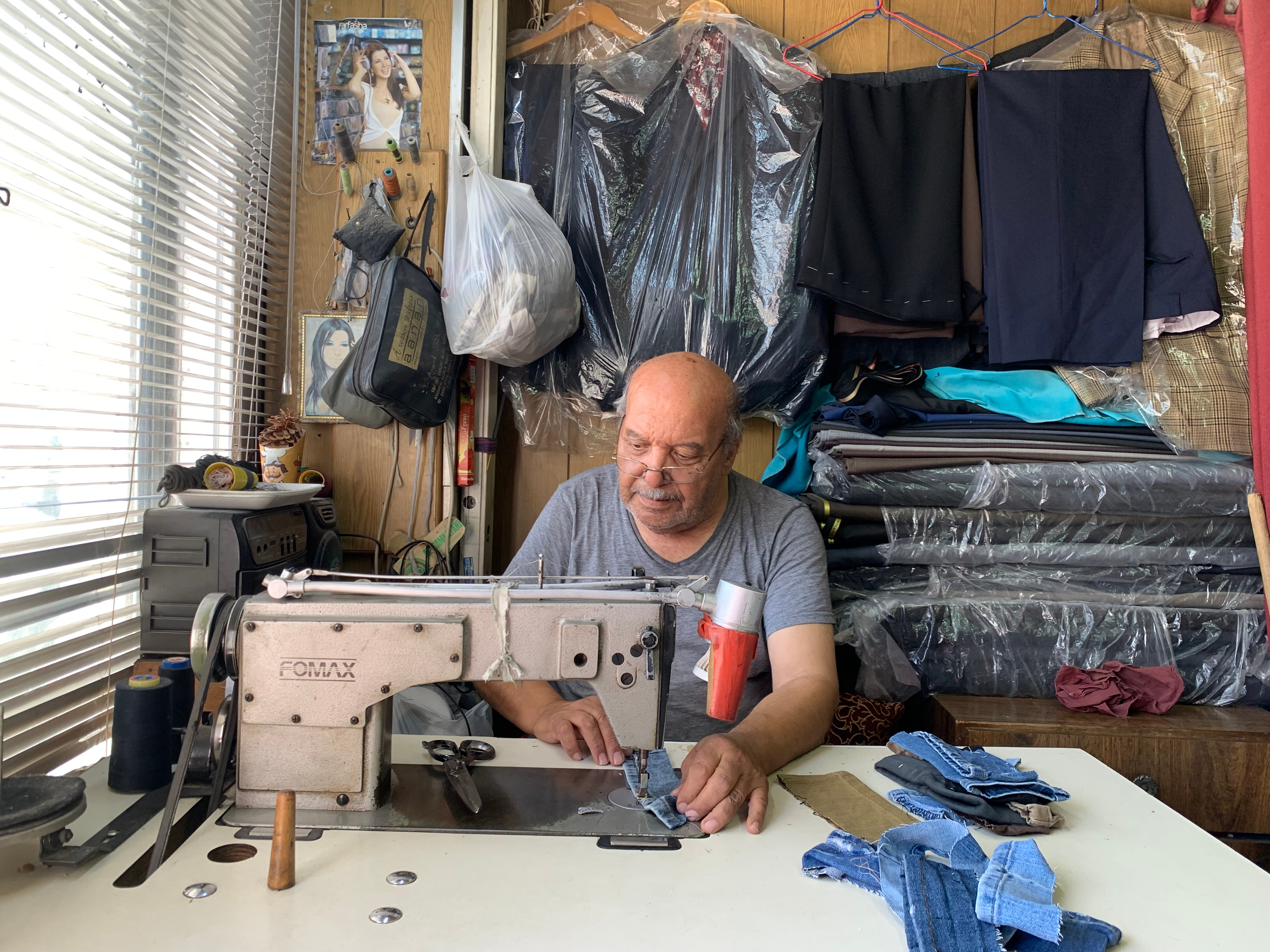
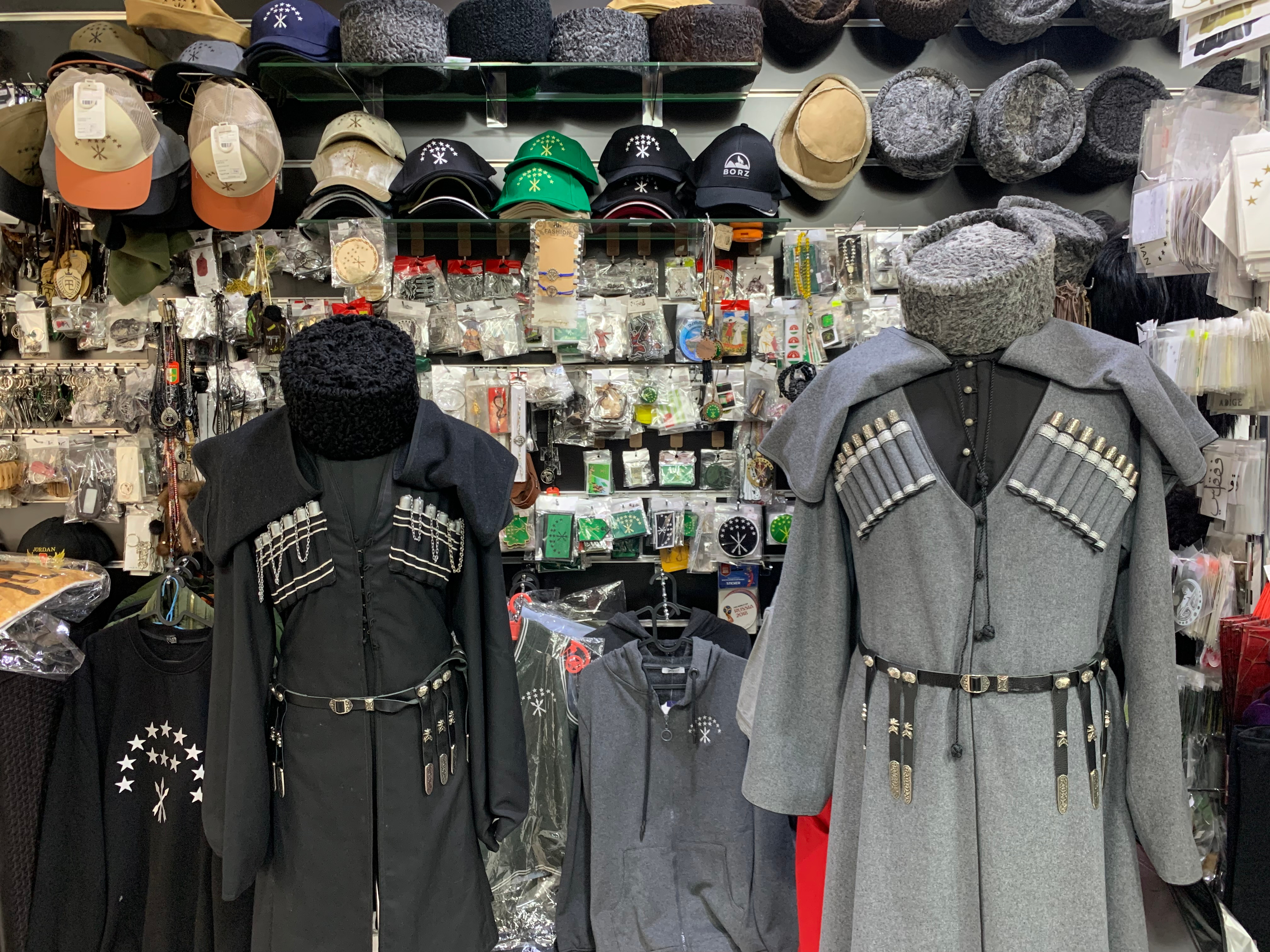
So when Israel began bombing Iran on June 13th, I was all too aware of the human tragedy that was about to follow. And it felt especially tragic to be in Jordan researching displacement while Iranians were being forced from their homes. Iran holds a special place in my heart: I speak Persian, have visited several times, and had been planning to return to Tehran in August. In the days that followed, I could do nothing but watch as Israeli attacks killed hundreds of Iranians, and forcibly displaced hundreds of thousands more from their homes. One friend in Tehran, Melina, sent me updates as she fled the city with her 80-year-old grandmother. I can only imagine how difficult it must have been for them. It was all quite emotional.
The university recommended that I leave Jordan earlier than I had planned, given the travel disruptions caused by the war. In the end, I flew out of Amman after only six days of fieldwork. Although my short stay was still invaluable to my research experience, leaving so abruptly felt unfinished. But this was such a minor inconvenience compared to what my friends in Iran were going through. This experience reminded me, once again, that ordinary people – be they Syrians or Iranians – always bear the burden of political decisions made far from them.
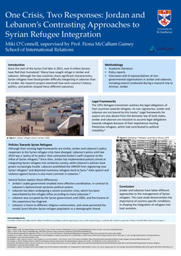
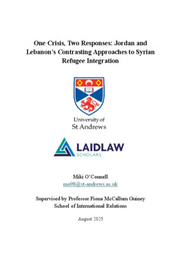
Please sign in
If you are a registered user on Laidlaw Scholars Network, please sign in
I really admire how you’ve reflected on the contrast between your own challenges and the much greater burdens faced by those directly affected. Even though your time in Amman was shorter than you hoped, the encounters and insights you describe sound incredibly valuable hopefully you’ll get a chance to revisit. Most importantly, I really hope your family and friends are safe.
Thank you Yara for your kind words. 😊